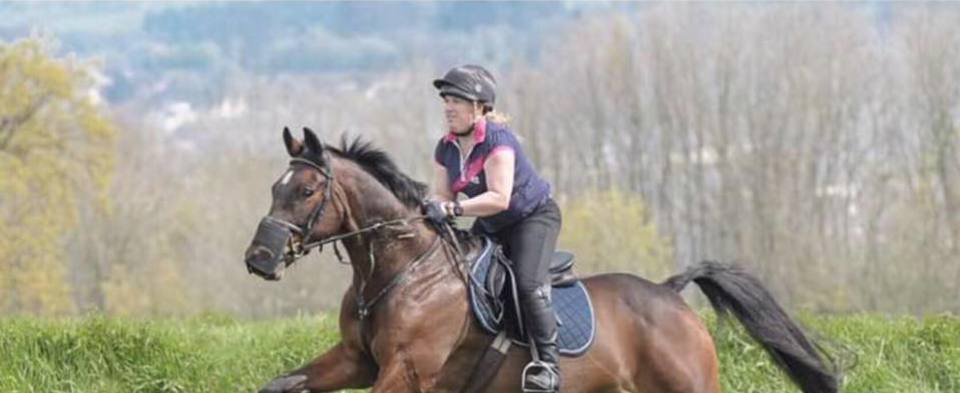Headshaking advice/research links
Is your horse a headshaker?????
Below is a list of symptoms associated with headshaking:
- Symptoms may start in March/April and end in September/October.
- Symptoms increase in intensity as stress or workload increases.
- Scratches his nose on his foreleg or an object.
- Buries his nose in the tail of the horse in front of him.
- Personality changes - an unhappy horse.
- Constant sneezing/snorting while working.
- Shakes at trot/cantor, but not at a walk.
- Riding into the wind increases symptoms.
- Suddenly jerks his head up almost hitting the rider.
- Constant blowing nose as if to expel something.
- Less energy/lethargic - droops head with loose reins.
- Shakes violently enough to lift front legs off of the ground.
- Holds his nose under water up to his eyes.
- Stares blankly off into the distance as if he sees something.
- Jerks suddenly like a bee just stung his nose.
- Sticks his nose in a bush.
- Symptoms worsen around Rape Seed fields.
- Stands under a tree in the shade while pasture mates are eating grass.
- Shakes in enclosed places - woods, surrounded by bushes, etc.
- Coughs a lot.
- Reacts to artificial lighting if working for an extended period.
- Reacts to bright sunlight reflecting off of snow.
- Kicking one or the other foreleg towards their head.
- Squints in bright sunlight.
- Reacts to the varying flashes of light when being ridden in the woods.
- Excessively aggravated by flies.
- Muzzle extremely sensitive to touch.
(Capstar Equine Products LLC).
As once suggetsed, headshaking doesn't seem so be caused by EHV-1:
http://www.thehorse.com/articles/30948/study-ehv-1-not-linked-to-headshaking
For those interested in the pens treatment...
http://www.bris.ac.uk/…/…/january/headshaking-in-horses.html
Interesting article that answers why a significant percentage of horses that headshake are hypersensitive everywhere, and not just the face. It is a lot easier for us to notice the headshaking as opposed to tail flicking - both of which are the anti-fly reflex system. Also providing an explanation as to why headshaking is significantly reduced in darkness and also increased during exercise. * Please note we are not trying to promote the product, just the physiological explanation behind headshaking.
http://www.equiwinner.com/headshaking.html
A brilliant read from one of the best in the field:
http://www.equinedental.com.au/wp-content/uploads/2016/02/Headshaking-EQUINE-FORUM-2012.pdf
The most effective treatments for headshaking:
http://davidmarlin.co.uk/portfolio/what-are-the-most-effective-treatments-for-headshaking-in-horses/


